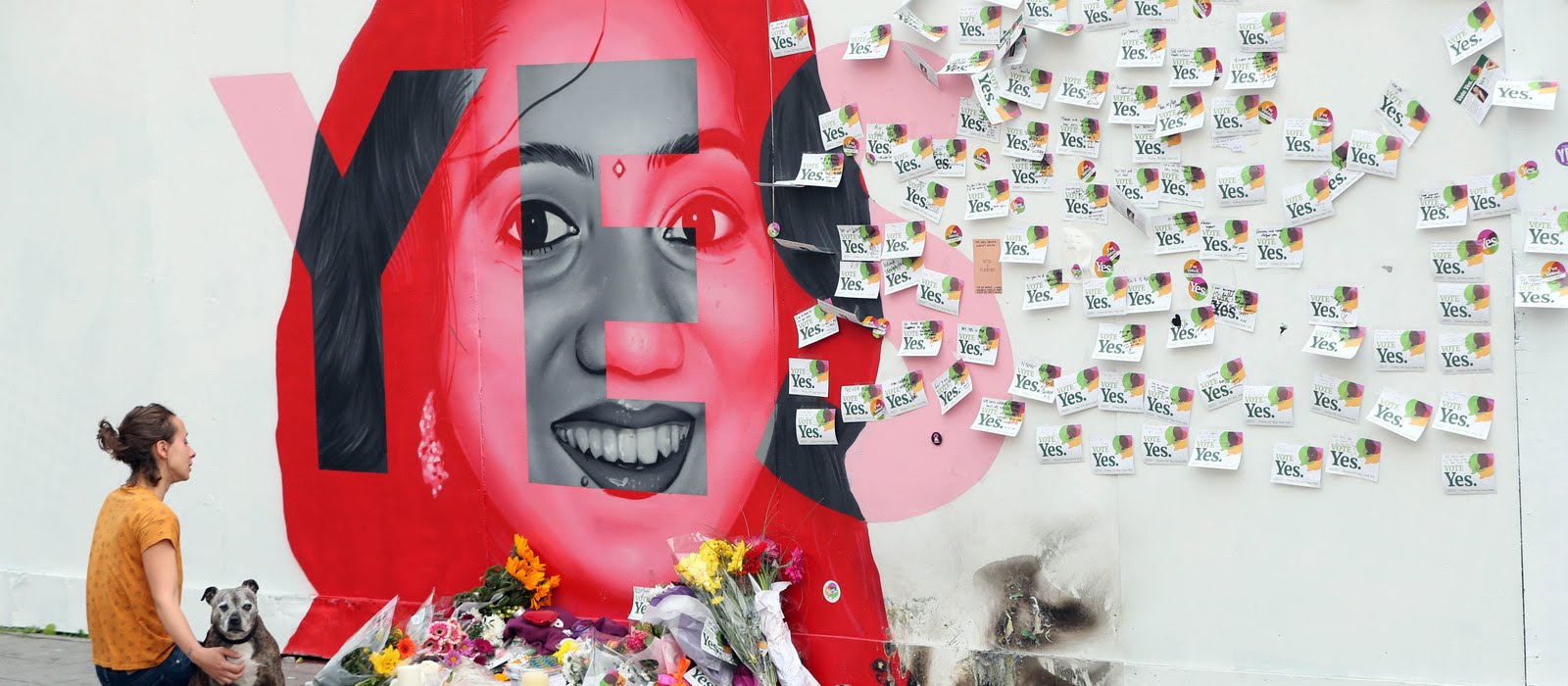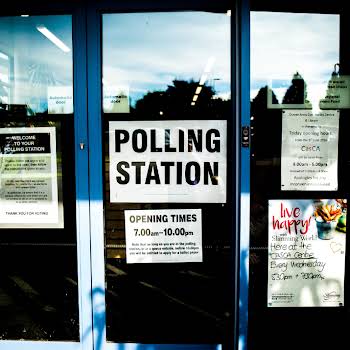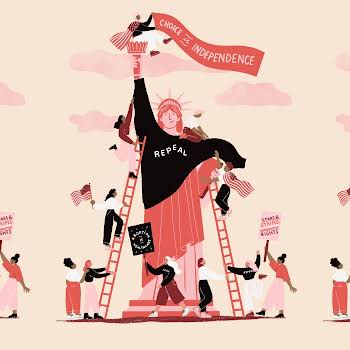
Ireland changed when Savita Halappanavar died – it must continue to change
On the ten year anniversary of the death of Savita Halappanavar, Lynn Enright reflects on how she galvanized a nation and how there is more to be done.
Whenever and wherever abortion is illegal, there are horror stories. Stories so grim and so gruesome they make you weep. A tale of a suicidal child forced to carry the foetus of the man who raped her; news reports of a young woman rooting through blood-soaked rubbish before reporting her housemate, who took illegal abortion pills alone, to police. In 2012, came a story so bleak that it changed a nation.
Savita Halappanavar was 31 in October 2012 and she was 17 weeks’ pregnant; it was to be the first baby for her and her husband, Praveen. If you’re carrying a longed-for baby, the 17-week mark is a nice stage of pregnancy. The morning sickness is usually gone and it is around then that you’ll feel the first flutters of movement, a tiny kick here and there. In October 2012, though, Savita Halappanavar felt that something wasn’t right. She was in pain and she was experiencing a strange sensation in her pelvis and back. She was having a miscarriage. Having been admitted to a hospital in Galway, her situation began to deteriorate and she became feverish. Assessing the situation – and Halappanavar was a dentist so would have known more about her condition than the average layperson – she asked for an abortion. It was clear that there was an infection. The hospital denied her request. Although it was obvious that she and her husband were going to lose their baby, there was still a foetal heartbeat and doctors – adhering to Ireland’s strict abortion laws – were unwilling to carry out a termination. She asked again. She must have been heartbroken and she must have been terrified. Savita Halappanavar died of sepsis on 28 October, 2012, having been denied an abortion that could have saved her life.
This story became public knowledge on14 November, 2012, when Praveen Halappanavar spoke to The Irish Times. I still remember the heavy sadness I felt after hearing about the case for the first time on the 7am news. They had done it, they had finally done it, they had allowed their right-wing, misogynistic laws to kill a woman. The Eighth Amendment – the piece of law that acknowledged “the right to life of the unborn and with due regard to the equal right to life of the mother”, introduced into the Irish constitution in 1983 – was destined to be cruel. It was unworkable, it was ideological, it was designed to cause misery, that was the point of it.
The night the story of Savita Halappanavar broke, 2,000 of us gathered at the Dáil. Most of us were alone, on our way home from work or school or university on a cold, dark evening. A teenage boy approached me. He asked me where he should stand if he wanted to protest. I told him to stand where he was. Later that week, thousands more took the streets. The death of Savita Halappanavar galvanised a nation: a country that had been looking the other way as its punitive abortion laws caused harm to pregnant people, forced them to board ferries and planes, was now faced with an undeniable horror. It took a further six years but in May 2018, the Irish people voted to repeal the Eighth Amendment. In the days leading up to the referendum, Halappanavar’s parents had called for the abolition of the Eighth Amendment and in Dublin, a mural of Savita by the artist Aches became a place where people went to contemplate all that had been gained – and all that had been lost – as Irish women had fought for their reproductive freedoms.
Abortion is healthcare. That assertion has become a rallying cry in recent months, as feminists respond to the overturning of Roe vs Wade in the US. The case of Savita Halappanavar makes a clear case for the veracity of the statement. Abortion is healthcare and abortion is a necessity in a society that values the lives of women. Ten years on from the death of Savita Halappanavar, women and pregnant people in Ireland are safer. A person who does not want to be pregnant, who can longer be pregnant – for whatever reason – has more options now. Abortion is free and safe and legal, in most circumstances.
However, as we mark the ten-year anniversary of the death of Savita Halappanavar, as we look back on the shameful circumstances that led to a death that could have been prevented, we must acknowledge what more needs to be done. Ireland changed when Savita Halappanavar died; it changed again when the Eighth Amendment was repealed; it must continue to change.
In 2022, Ireland’s abortion laws are still causing pain and hardship to too many, especially those in the most difficult of circumstances. Only one in 10 GPs and just over half of maternity hospitals provide abortion services. Access to abortion remains particularly difficult for people facing the devastating news that their baby has a severe or fatal foetal anomaly and too often those people are still forced to travel, making the journey to the UK.
Abortion is healthcare and when access to abortion is curtailed, there are horrendous consequences. The Irish people know that better than most and they voted – overwhelmingly – for free, safe and legal abortion access. Ten years after the death of Savita Halappanavar and four years after the Repeal referendum, the government must ensure that our country’s abortion legislation works for those who need it most.
For more information, see the National Women’s Council of Ireland.























